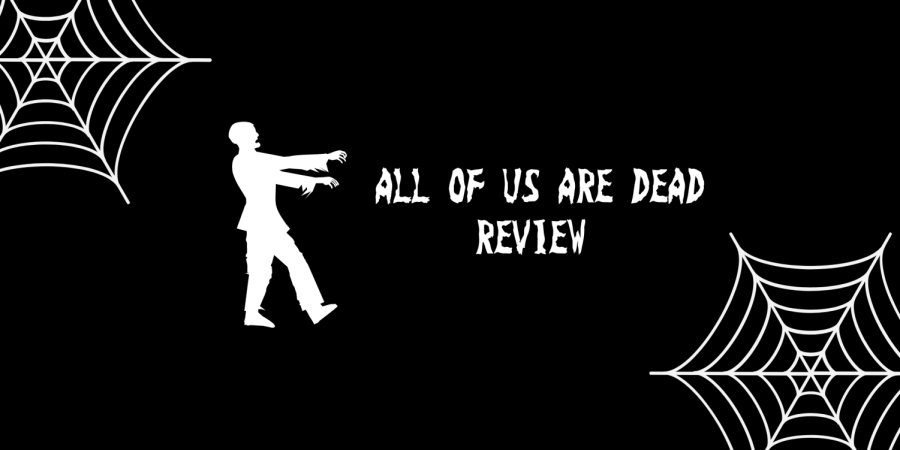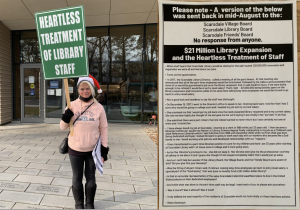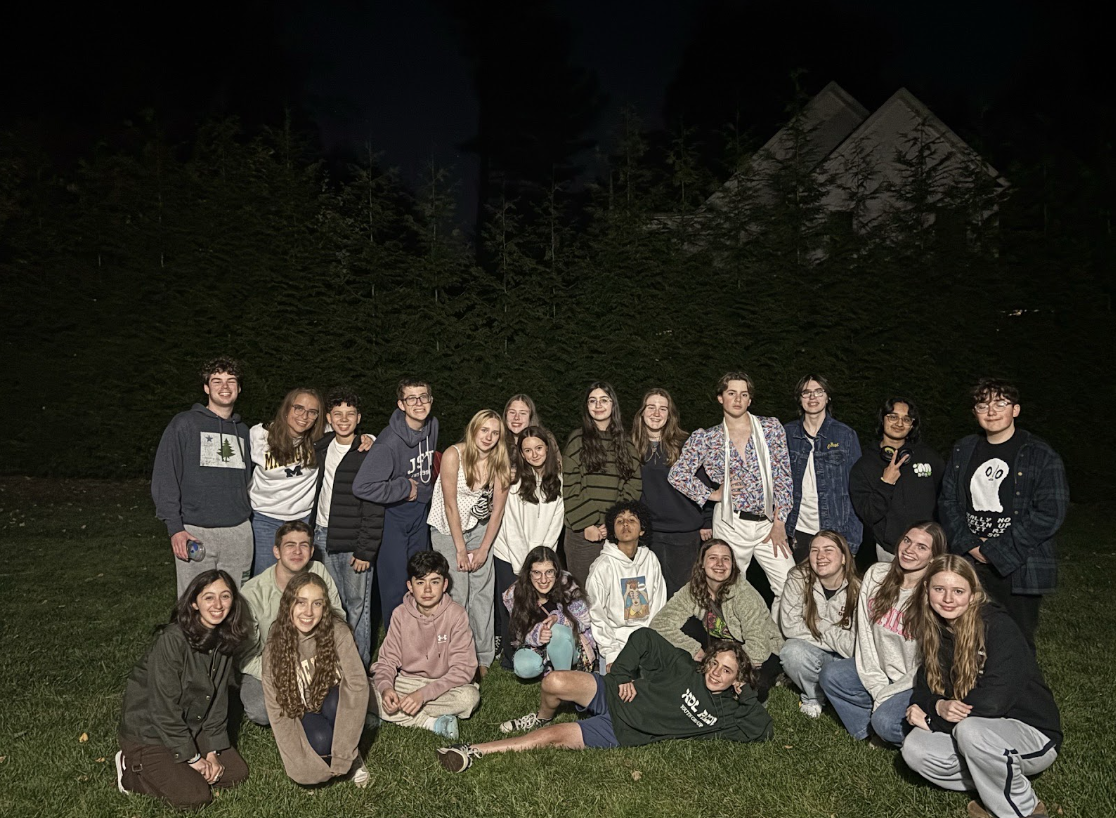All of Us Are Dead Review
All of Us Are Dead instantly became the most-watched show on Netflix only three days after its release.
March 25, 2022
From the films Train to Busan in 2016 to #Alive in 2020 and now, All of Us Are Dead in 2021, Koreans seem to be pumping out an endless supply of gory zombie films. Korean film culture has been on the rise, with the success of Parasite in 2019 and the series Squid Game in 2021. So when I saw that All of Us Are Dead had instantly become the most-watched show on Netflix only three days after its release, I had a lot of doubts. My main question was: how was this zombie show different from all the other zombie films I had previously watched?
I started the show expecting the same dystopian world seen in Train to Busan teeming with brainless zombies. However, the first episode quickly proved otherwise. All of Us Are Dead begins with a violent bullying scene that leads to the death of a teenager, later revealed to be Patient 0 of the “Jonas Virus” epidemic. The teen’s father is Lee Byung Chan (Kim Byung Chul), a science teacher at his son’s high school. He created the virus with the goal of transmuting fear into rage in order to give his timid son, a way to fight back against his bullies. He instead creates a virus that causes an insatiable hunger for blood in any infected human, turning them into the mindless zombies that begin to terrorize the school.
Like in most zombie films, the scenes in All of Us Are Dead occur in a rapid, chaotic manner. It follows the basic plot of a typical zombie movie: one infected character spreads the virus to another, who bites another, who then infects another, and so on until about three-quarters of the building is filled with deadly, flesh-eating zombies. What makes the show unique, however, is its focus on the disastrous flaws of Korean society. The show conveys messages about the harmful effects of bullying, censorship, and the unrelenting competitive nature of a typical Korean high school, all of which are not addressed in other zombie films.
In the show, the school faculty does not help their students but instead tries to cover up both the bullying incidents and the threat of a zombie outbreak in order to maintain the school’s prestigious reputation, putting their students at further risk. In this way, the series calls out the incompetence of adult “leaders”. Another large part of the series is dedicated to the harrowing pressures placed on high school students, who are taught that the grade they receive on the CSAT determines their worth. The drama also brings attention to Korean society’s obsession with high achievements and good grades. Furthermore, it attacks major health issues in Korea such as suicide.
While the drama contains intense and violent graphics and focuses on many dark realities of Korean society, All of Us Are Dead still has storylines that make the series worth watching even for those who do not care to learn about the rooted flaws of the Korean education system. There are also tons of heartfelt interactions between the characters. As cliché as it sounds, All of Us Are Dead takes viewers through a roller-coaster of emotions, from extreme hope to utter despair. All of Us Are Dead teaches much more about society than just how to survive in a zombie apocalypse.
My final advice? All of Us Are Dead is definitely worth watching but probably not while eating dinner: you never know when you will come across a zombie biting off someone’s face and lose your appetite!


























